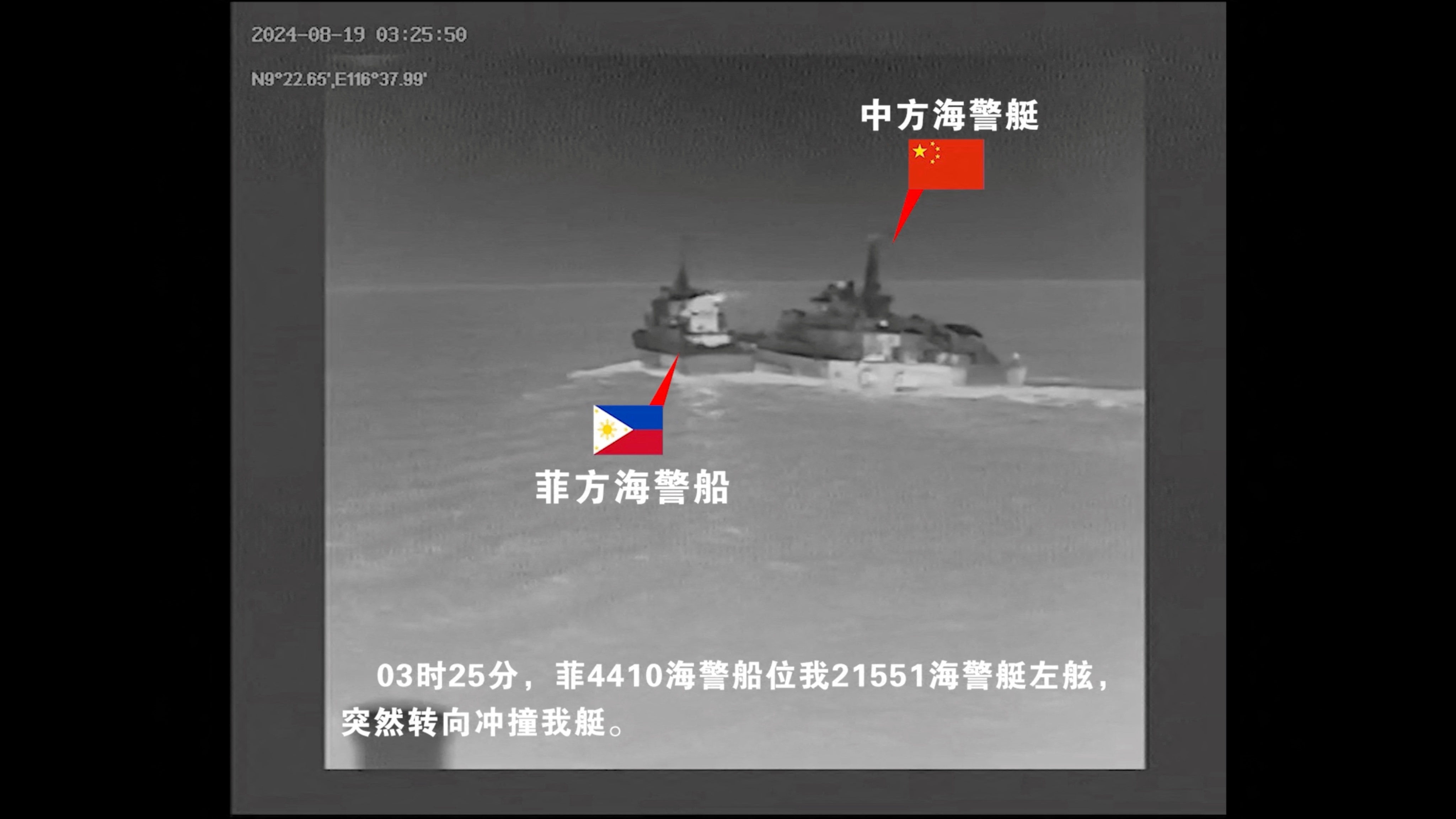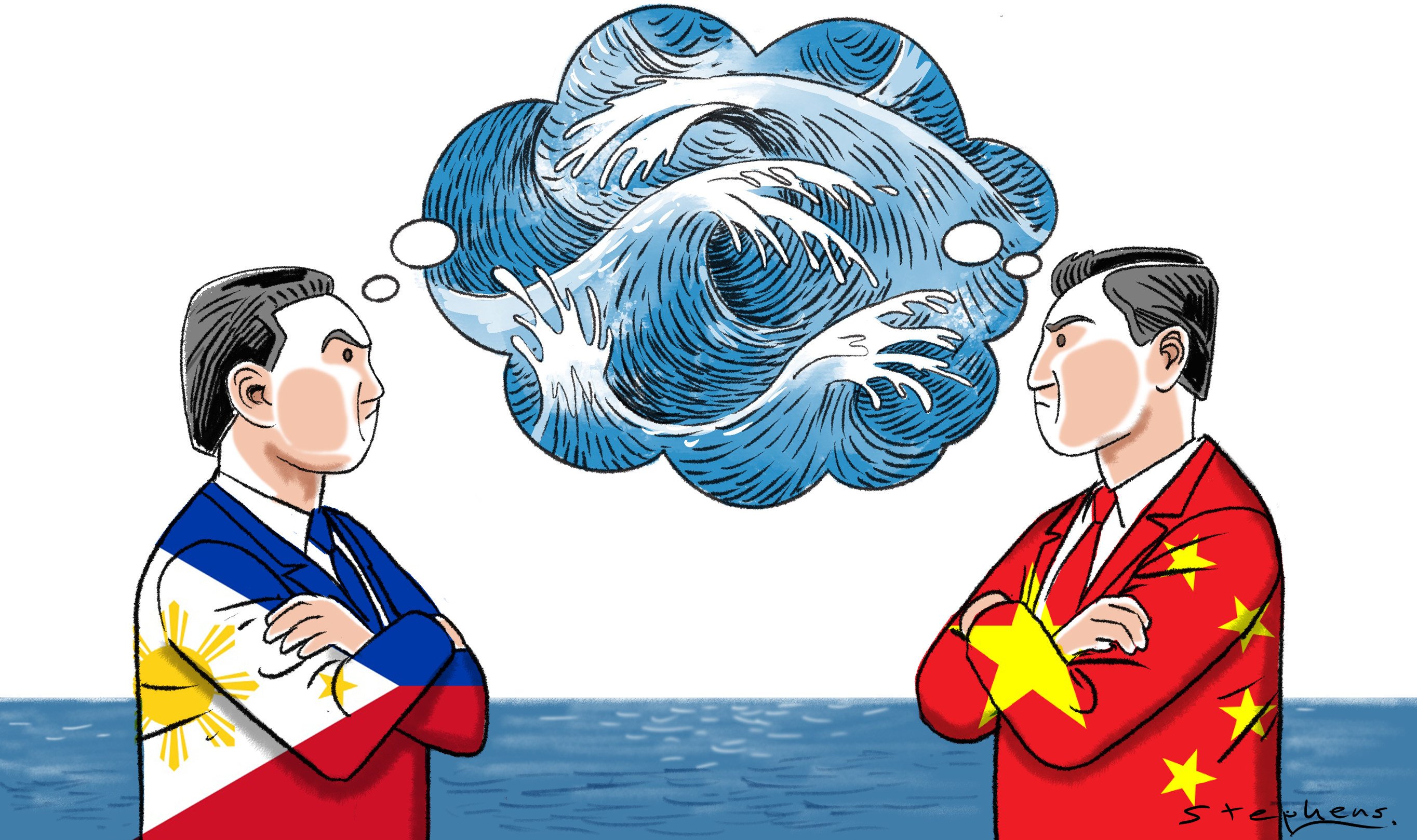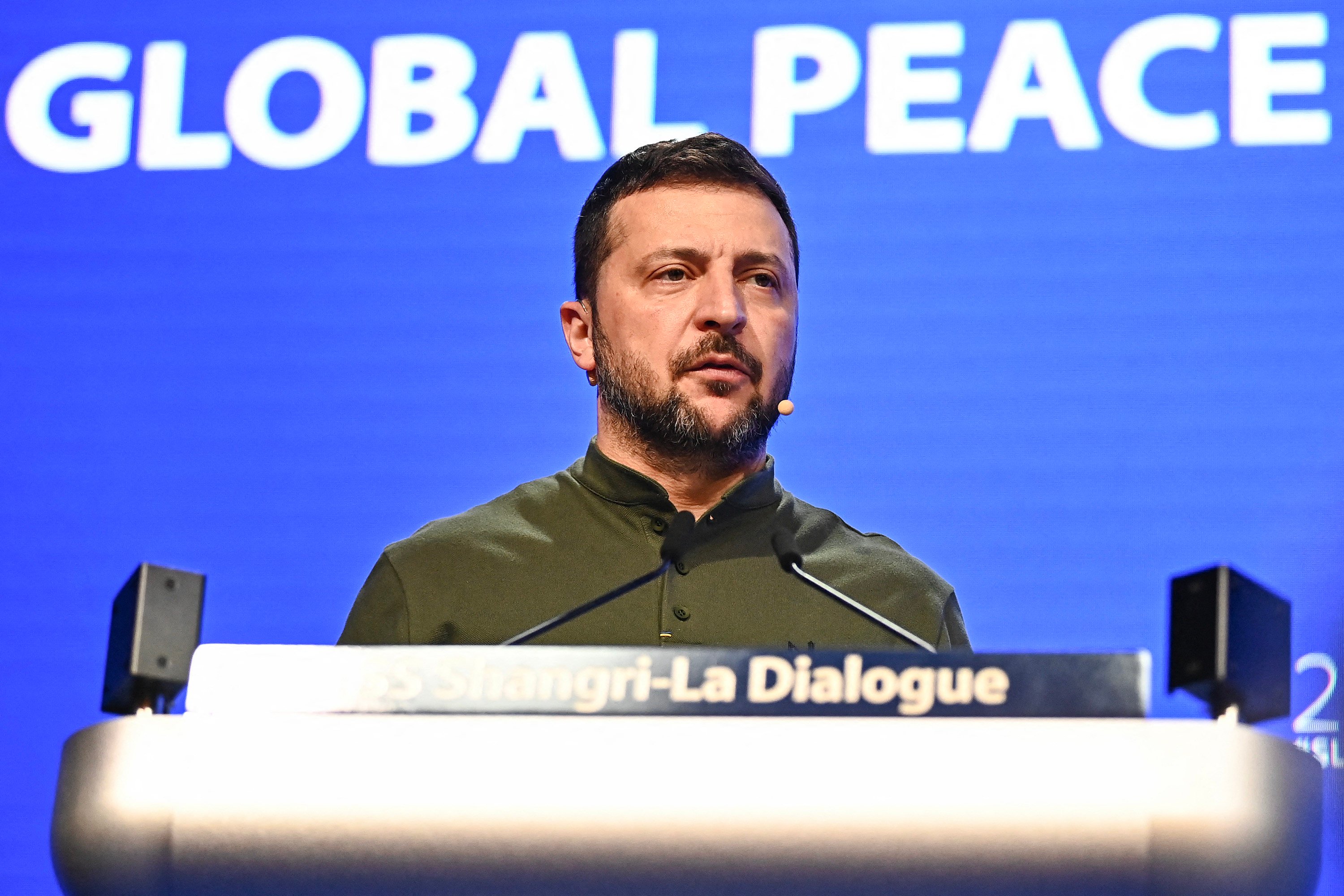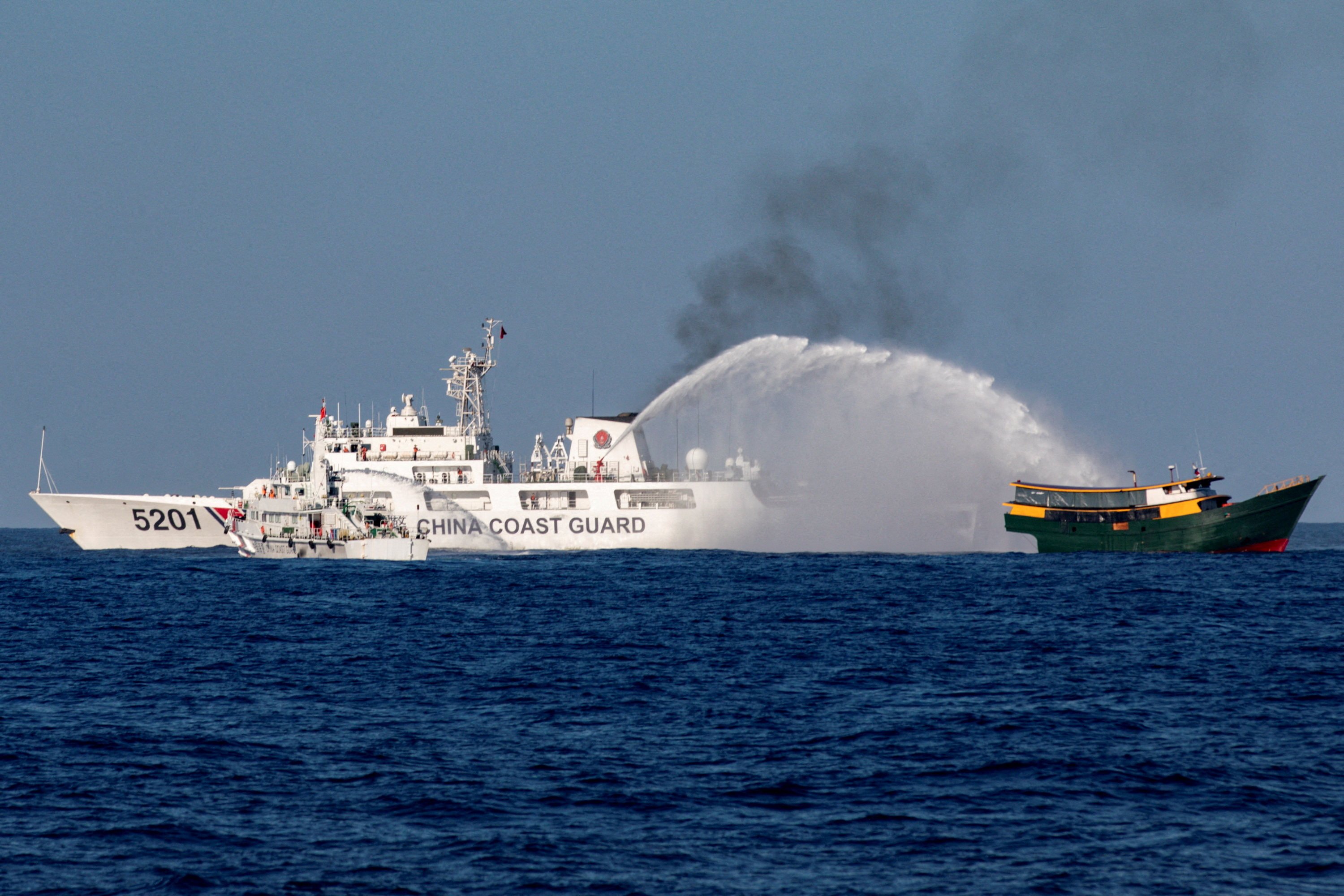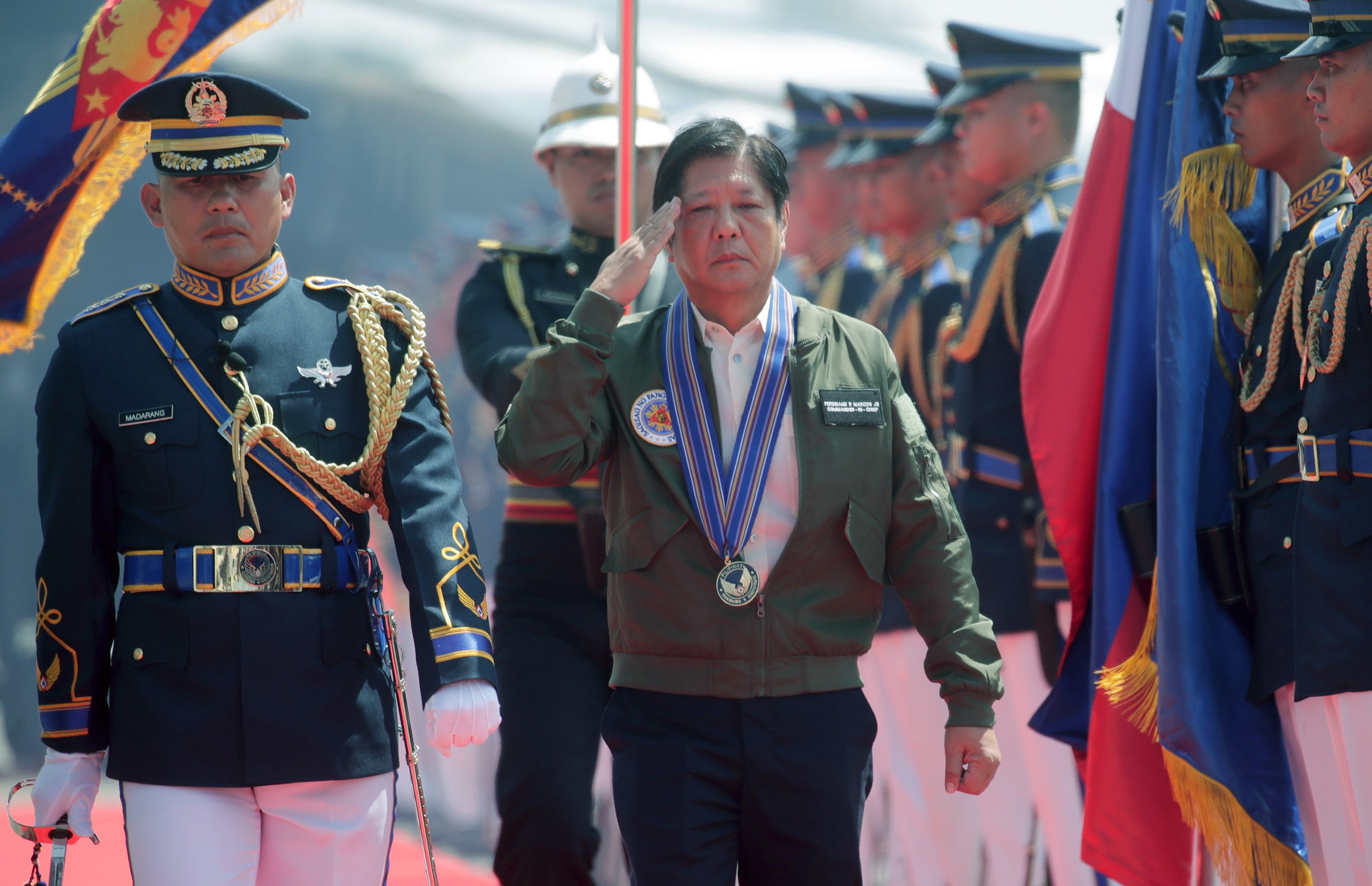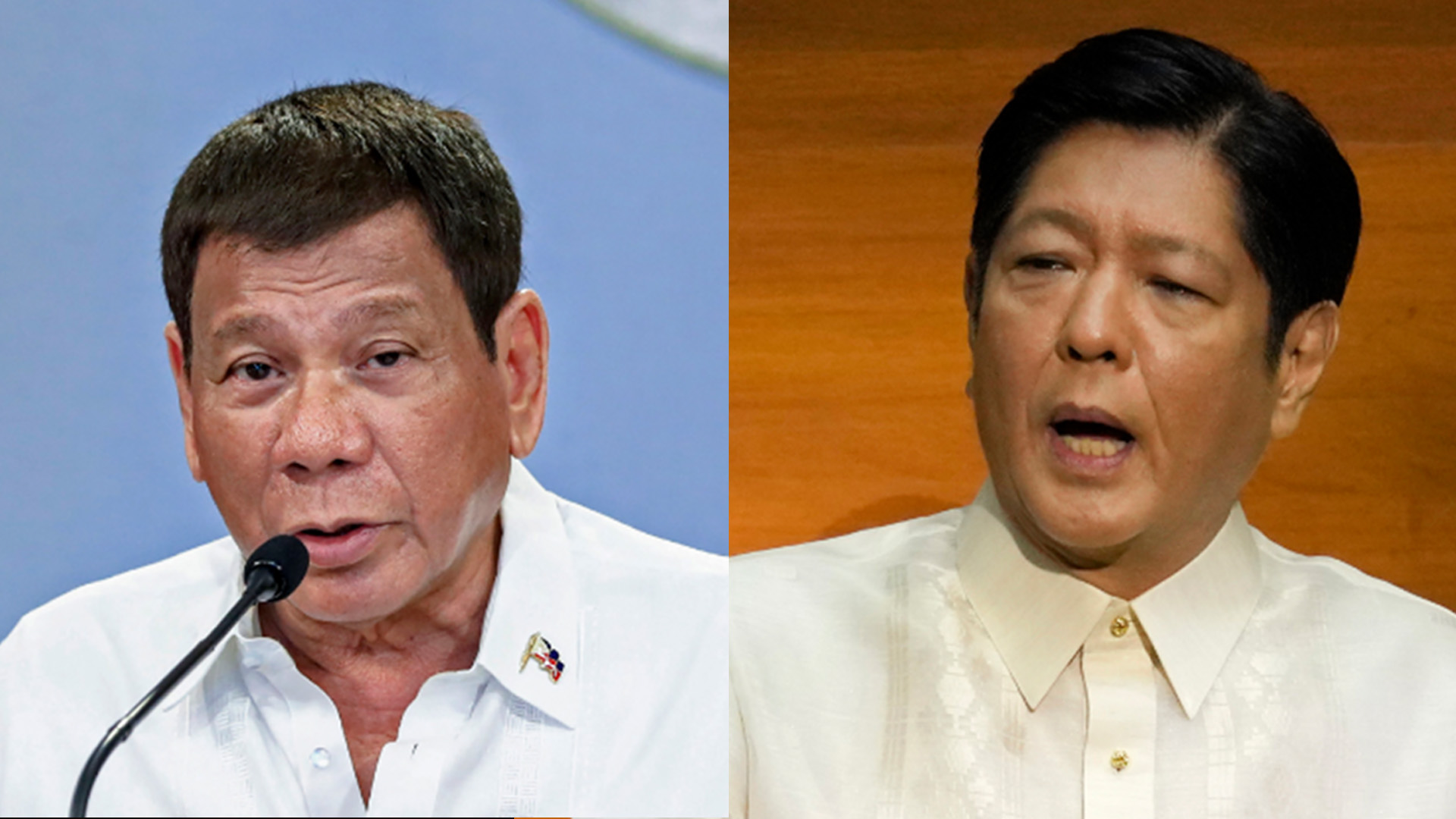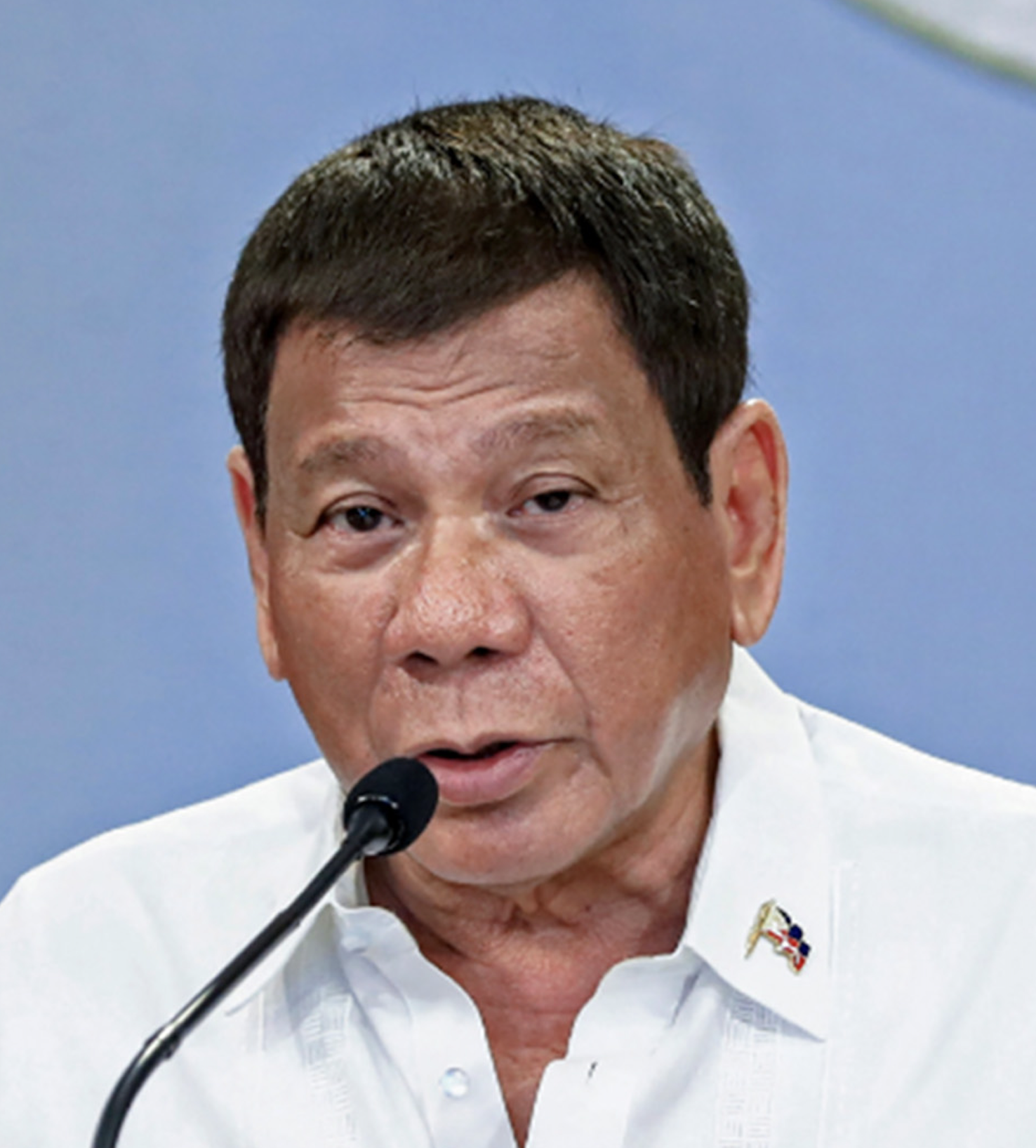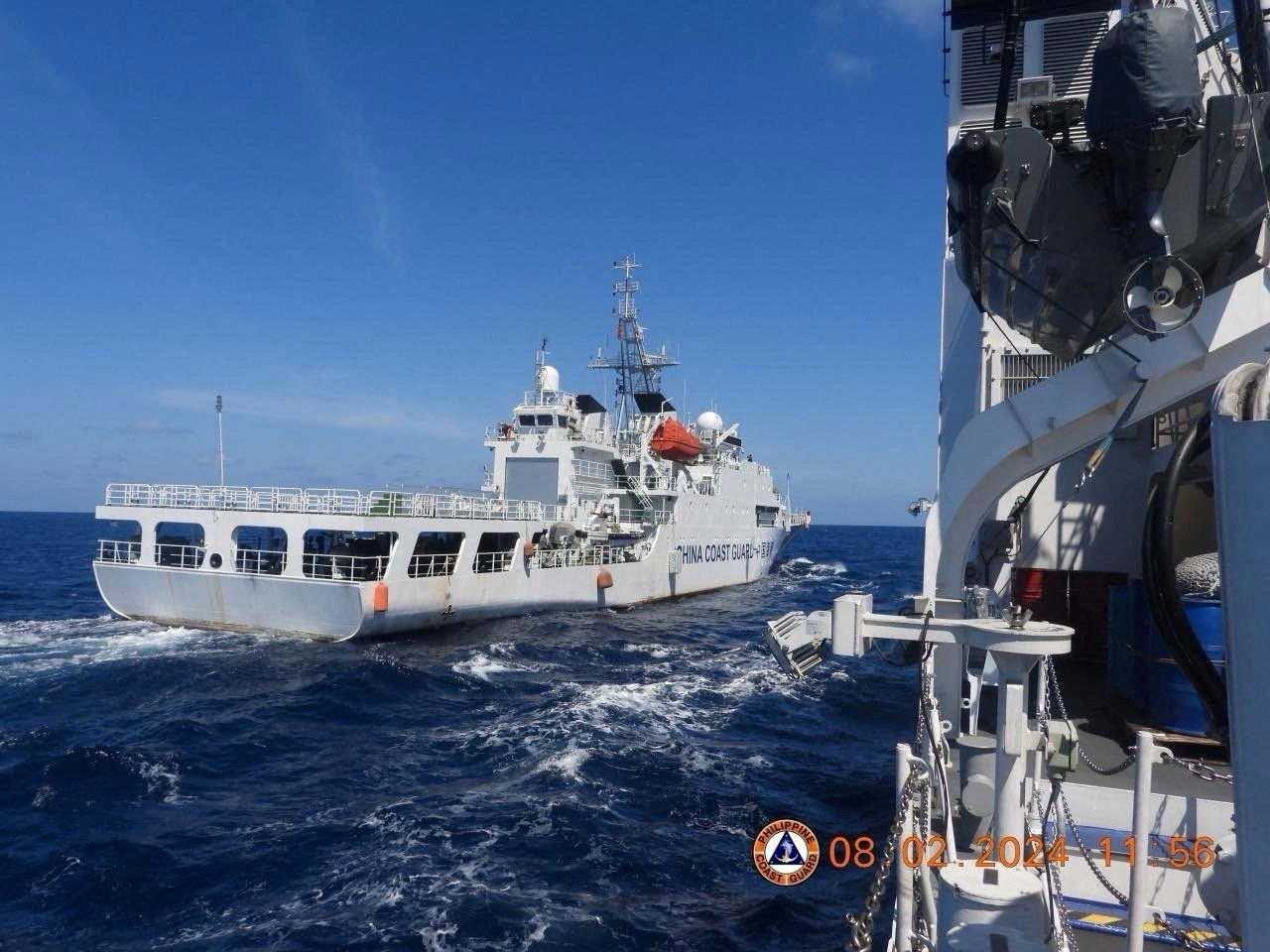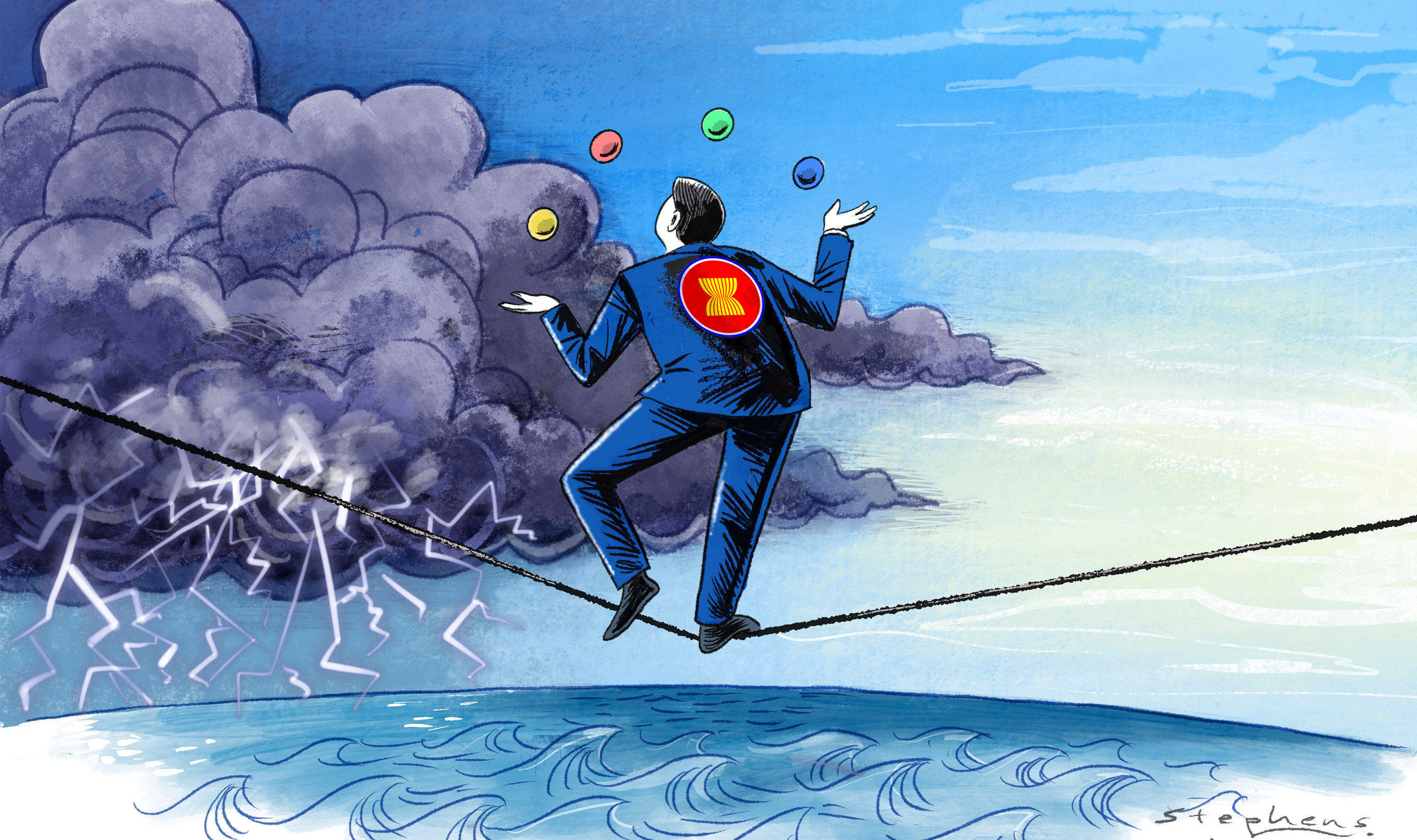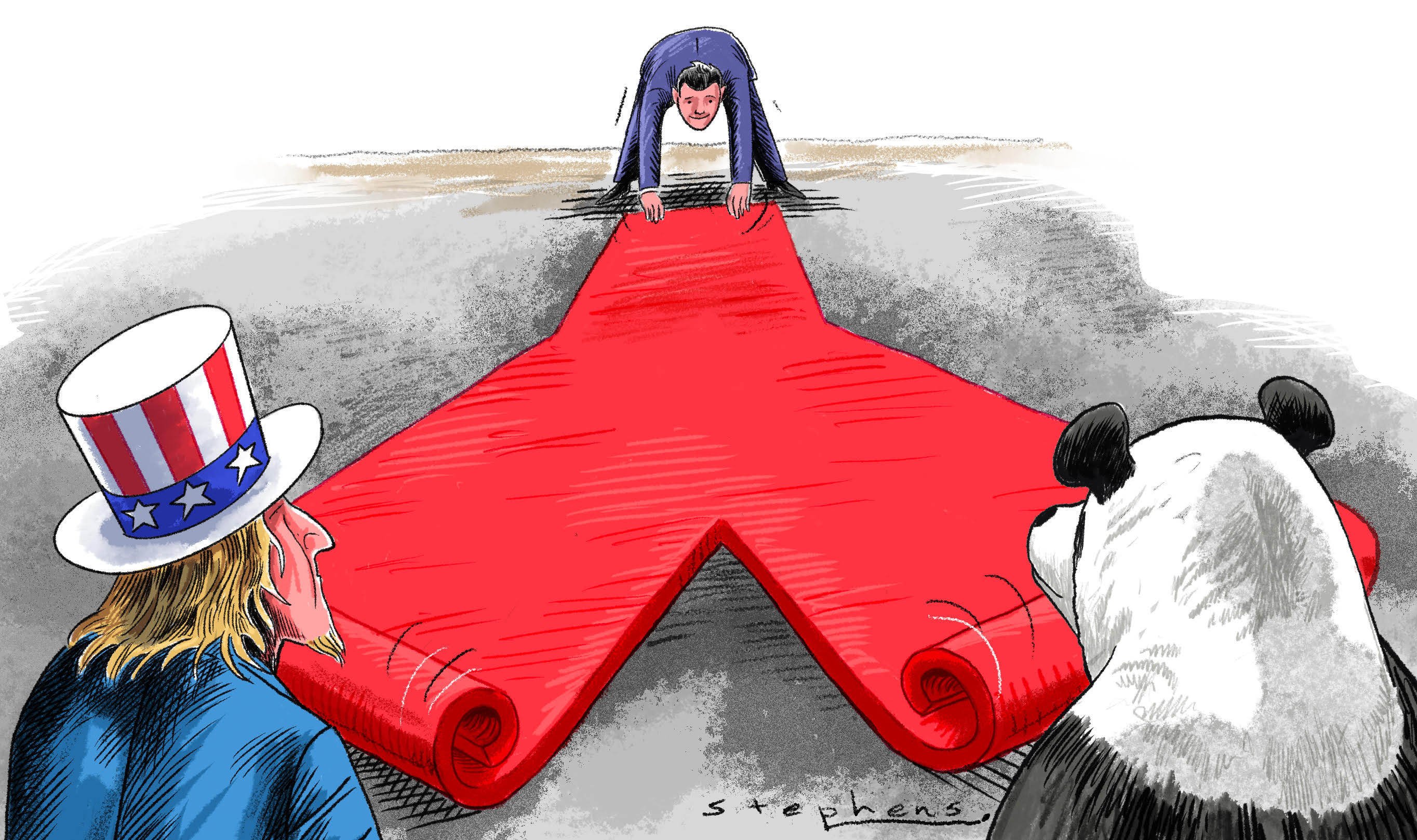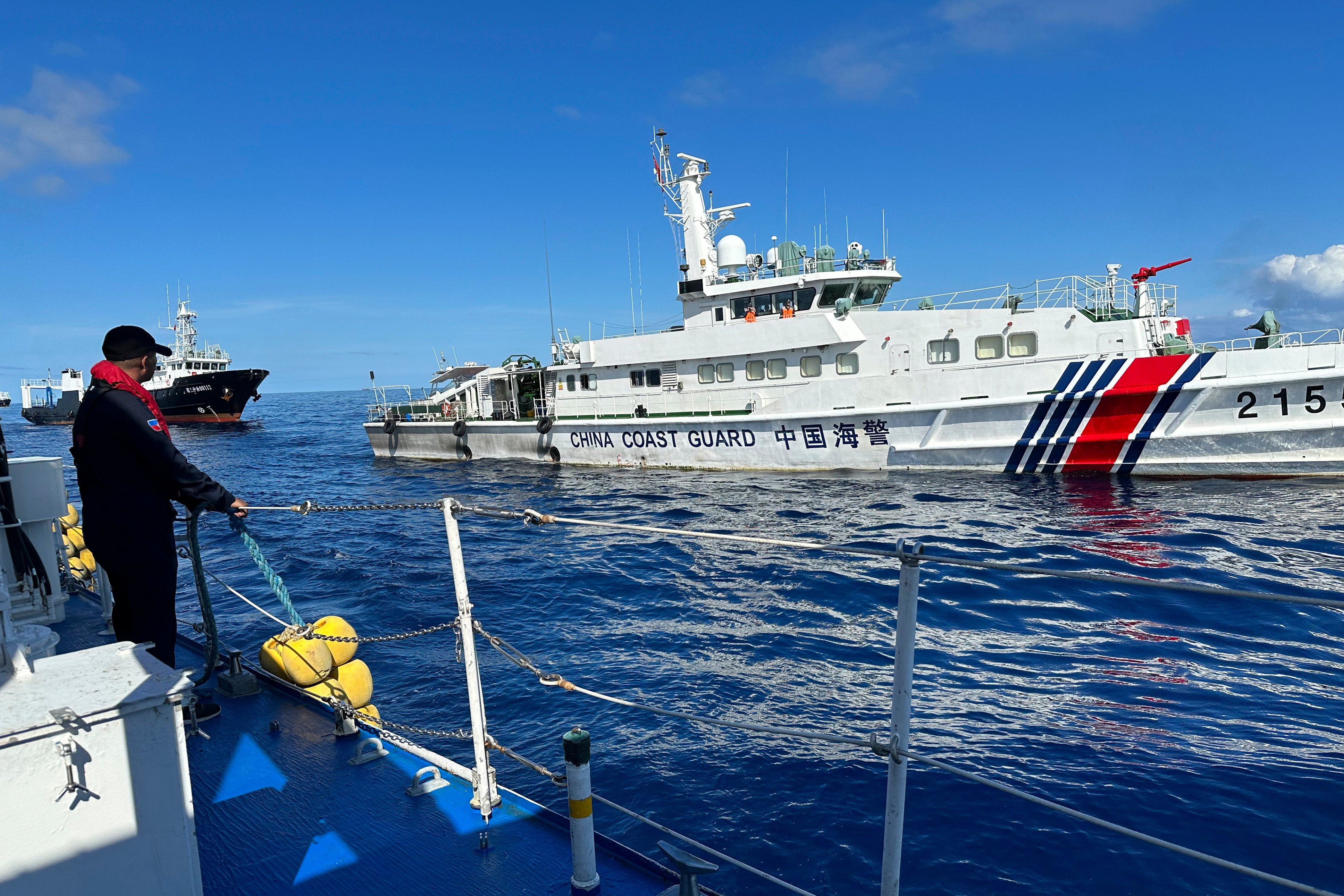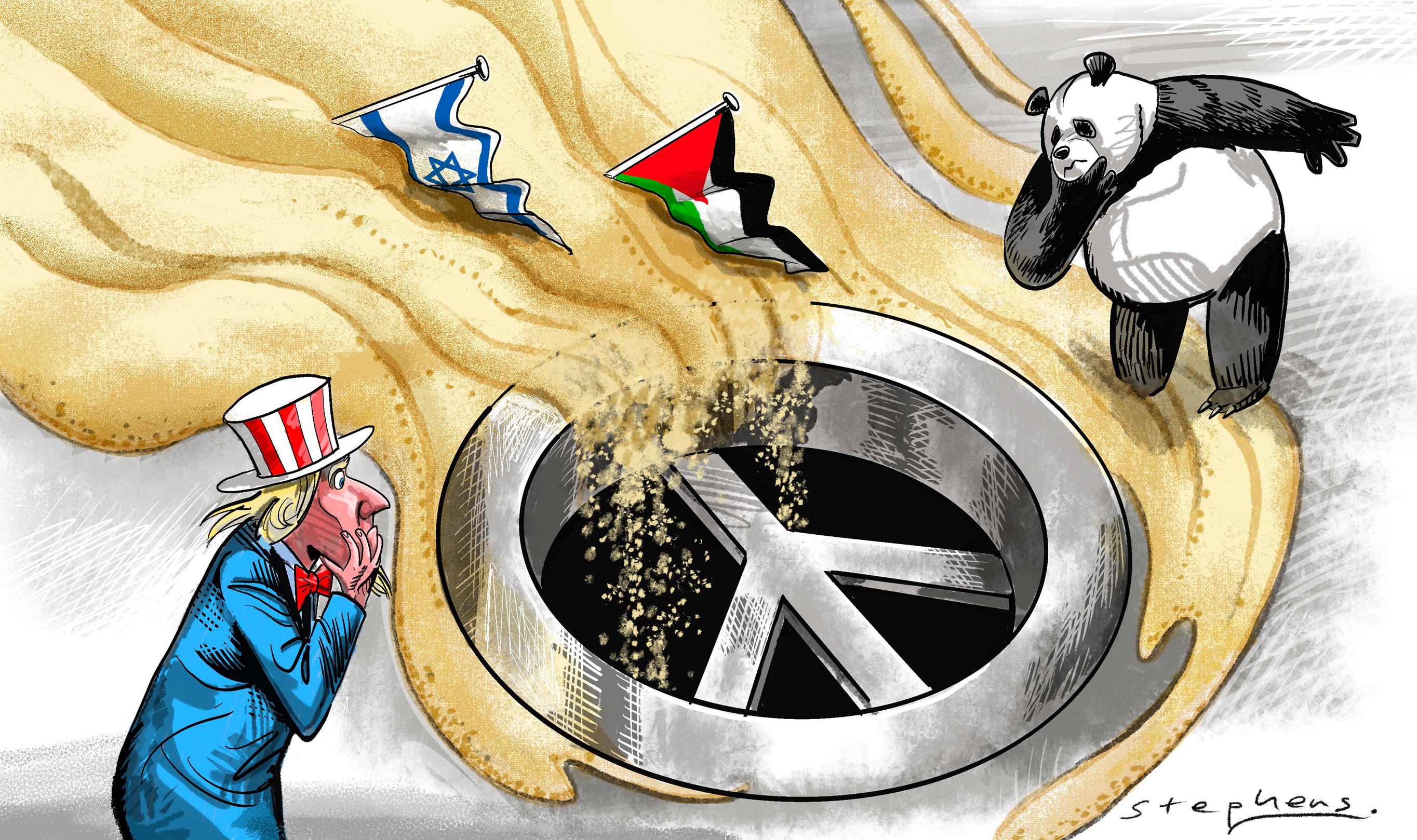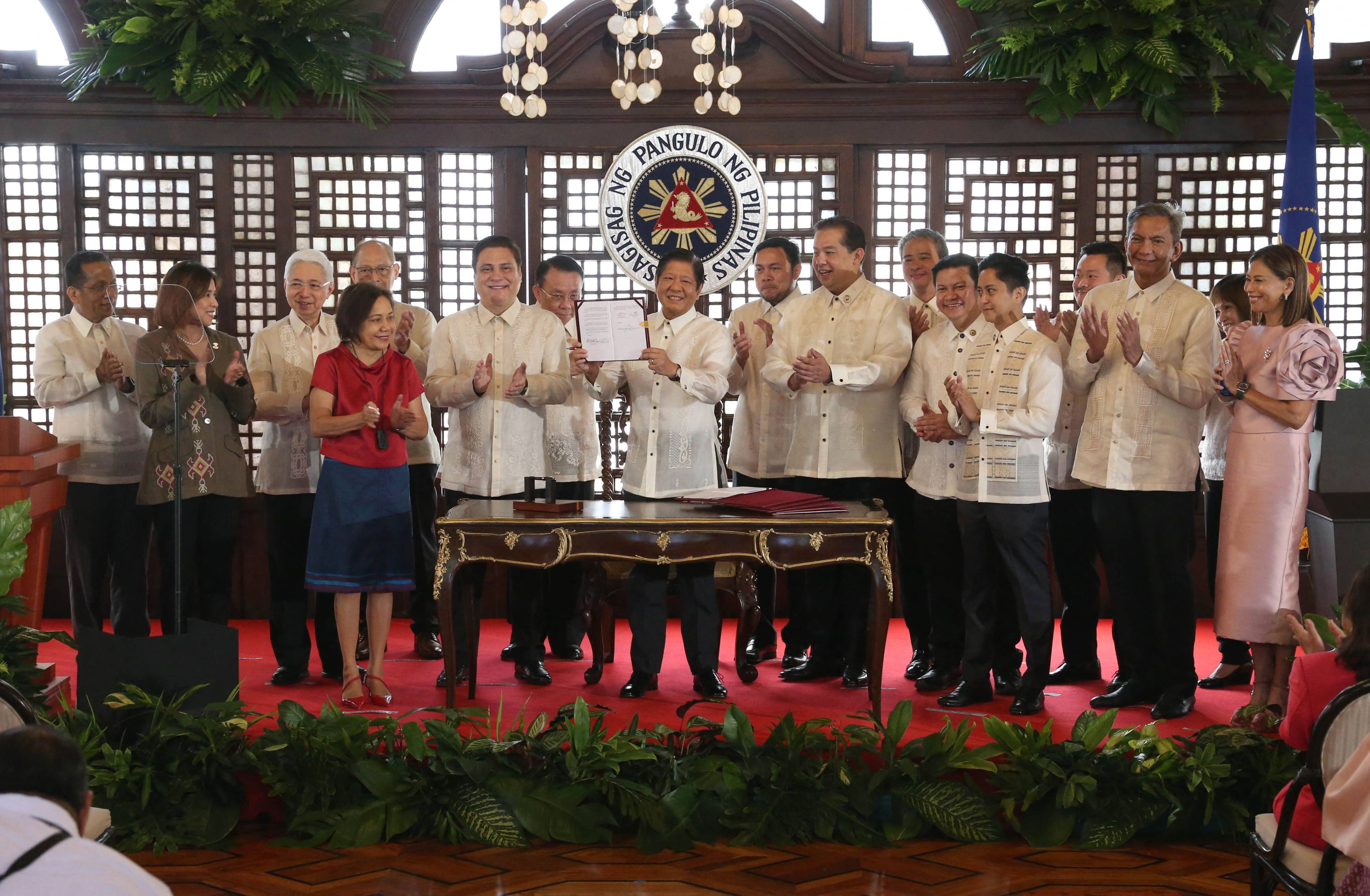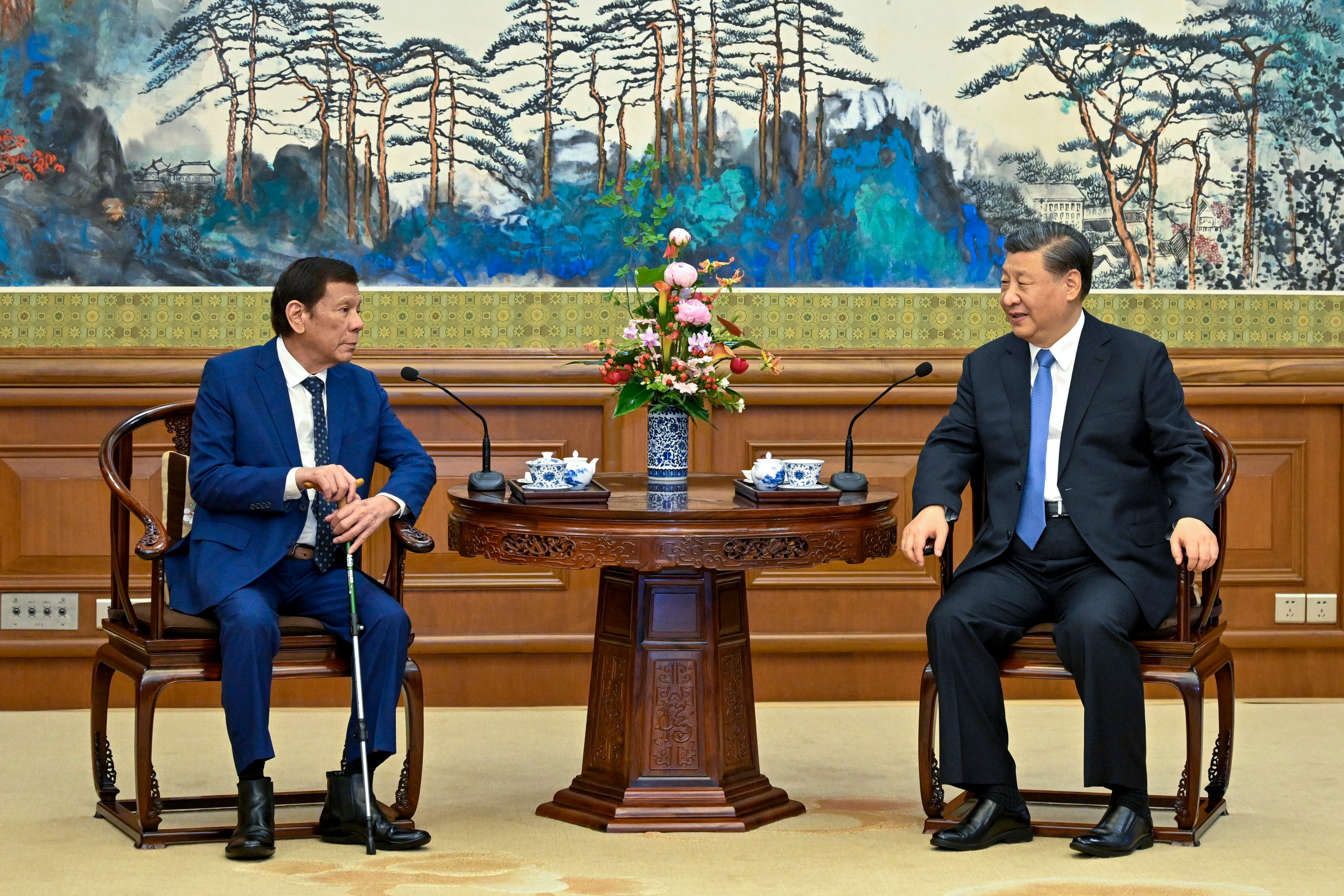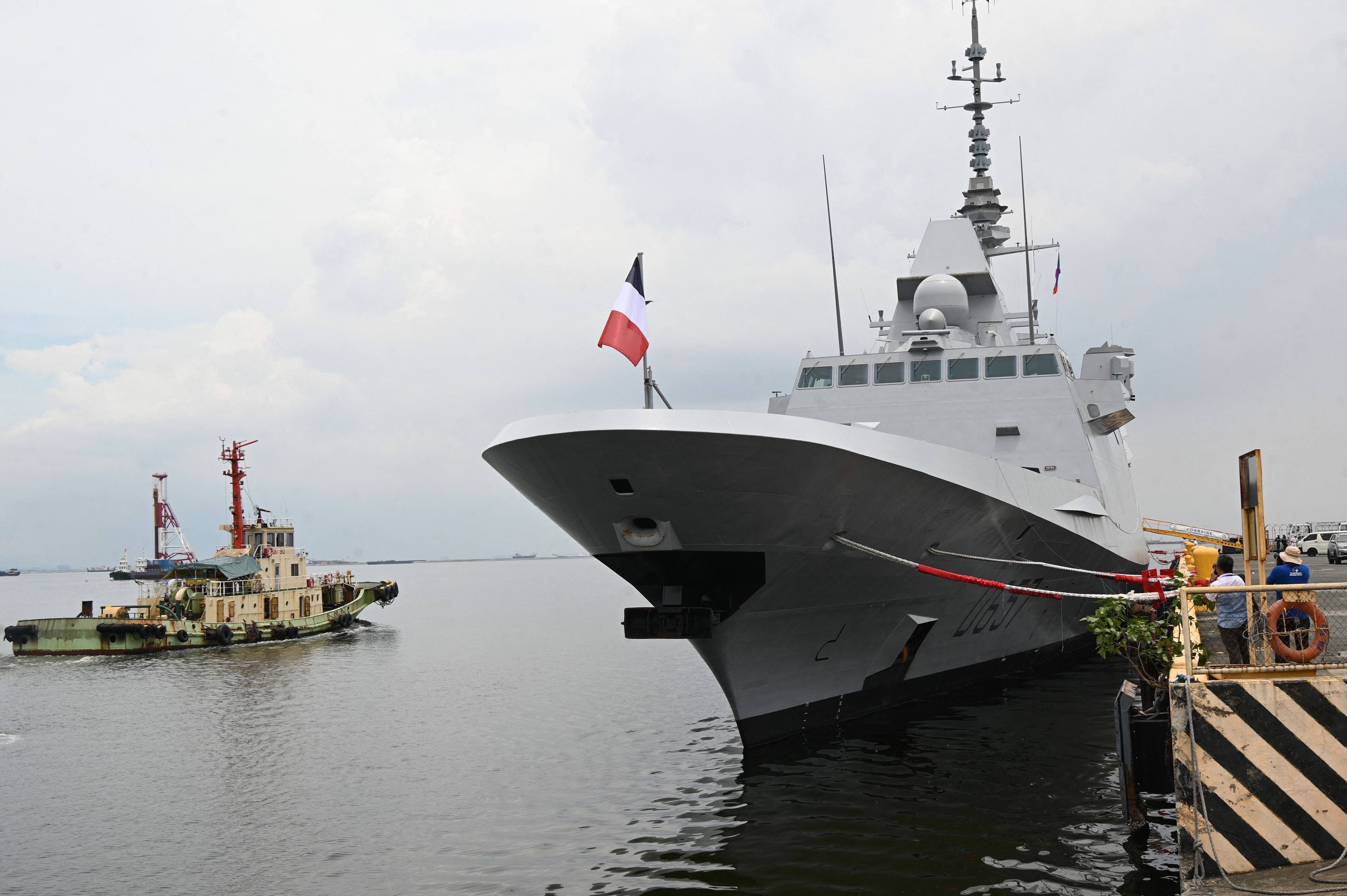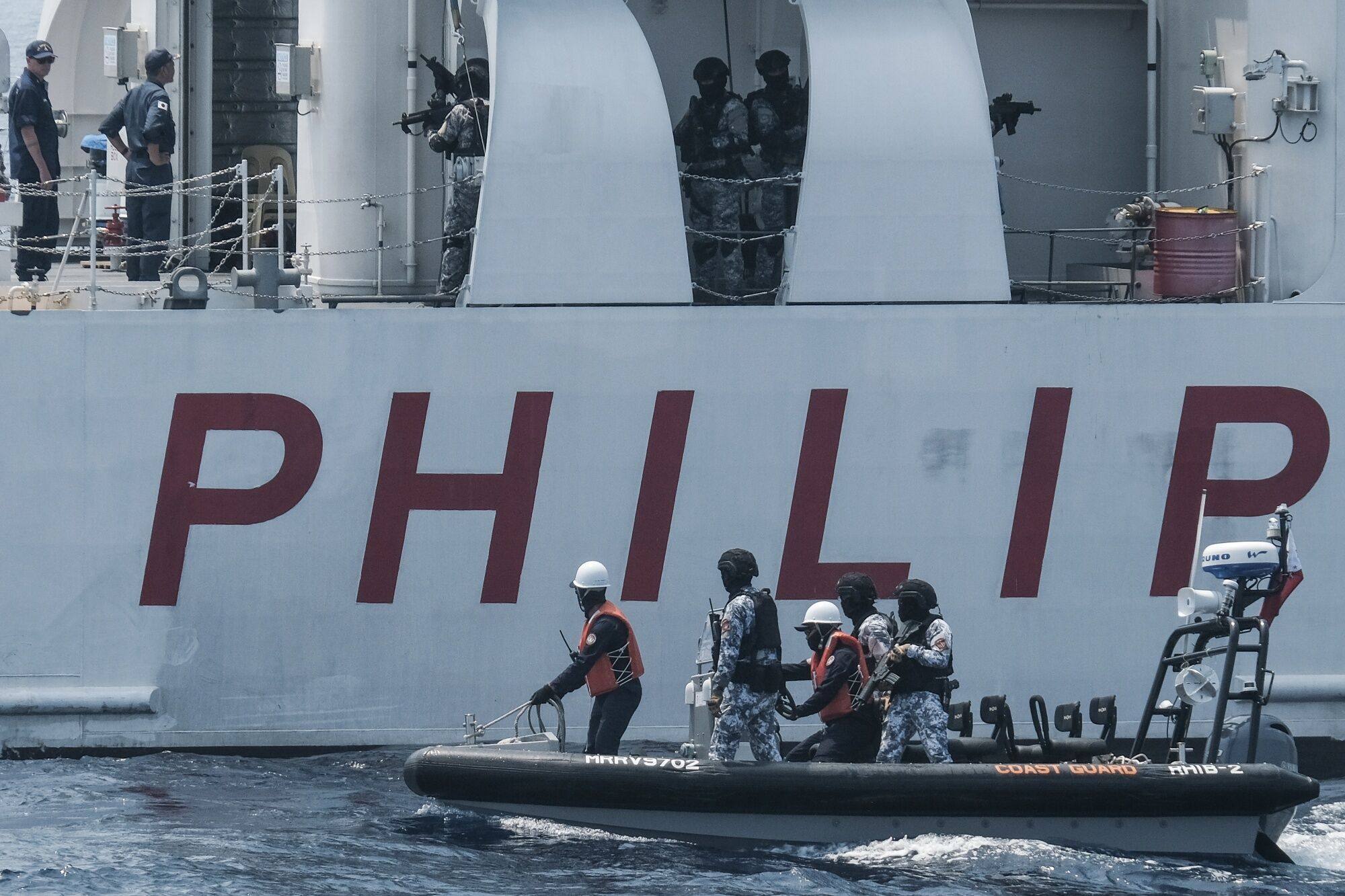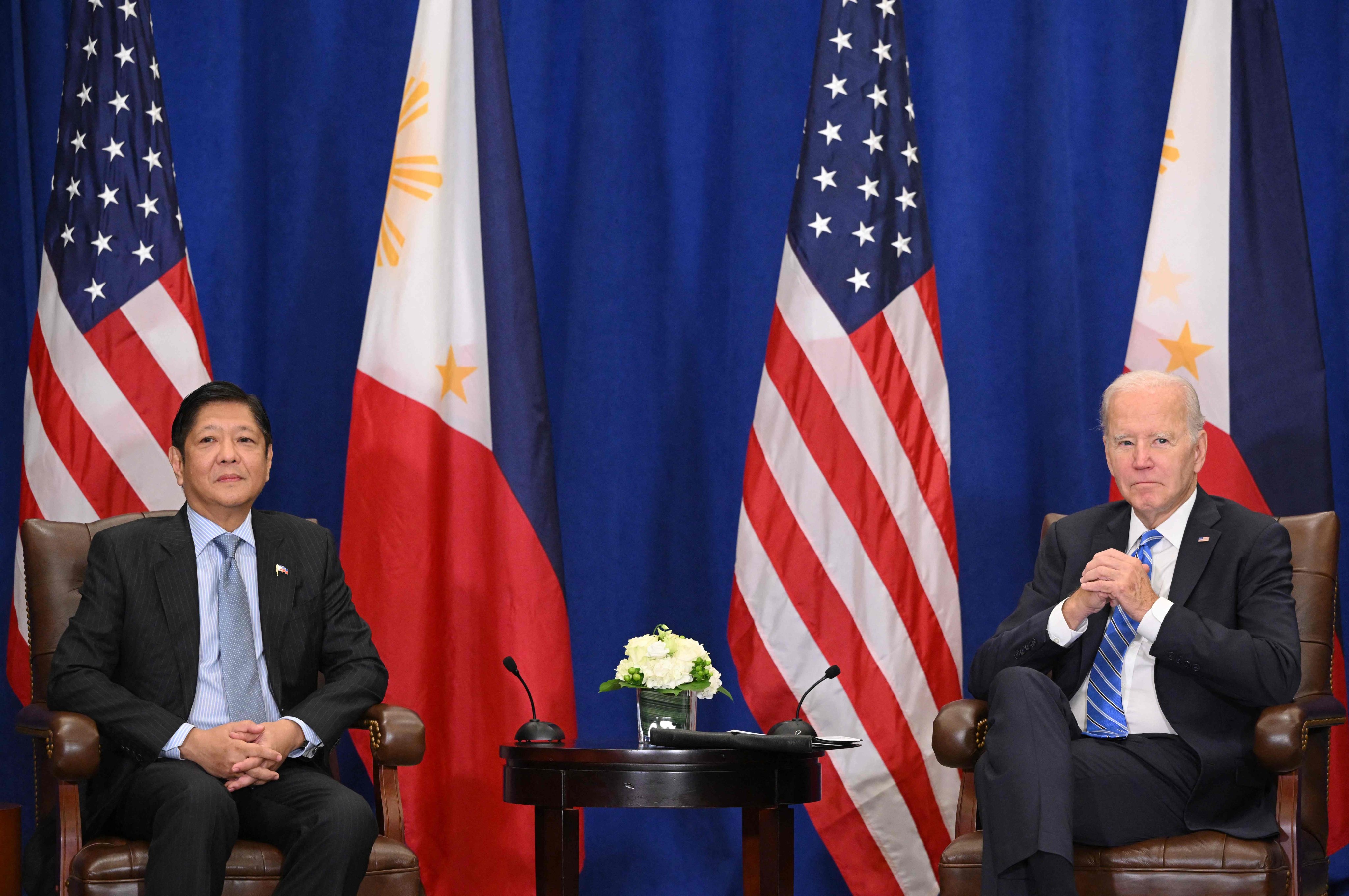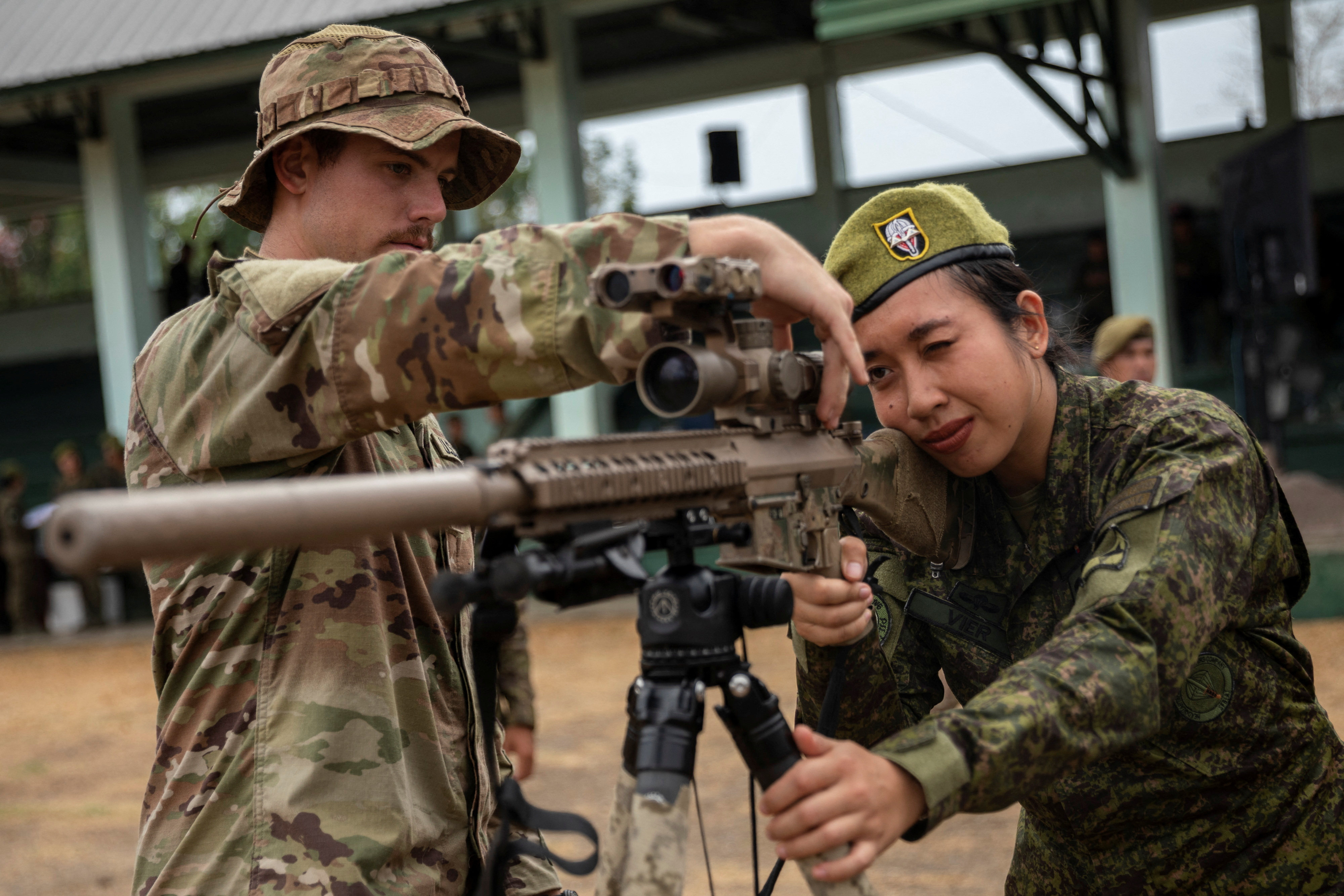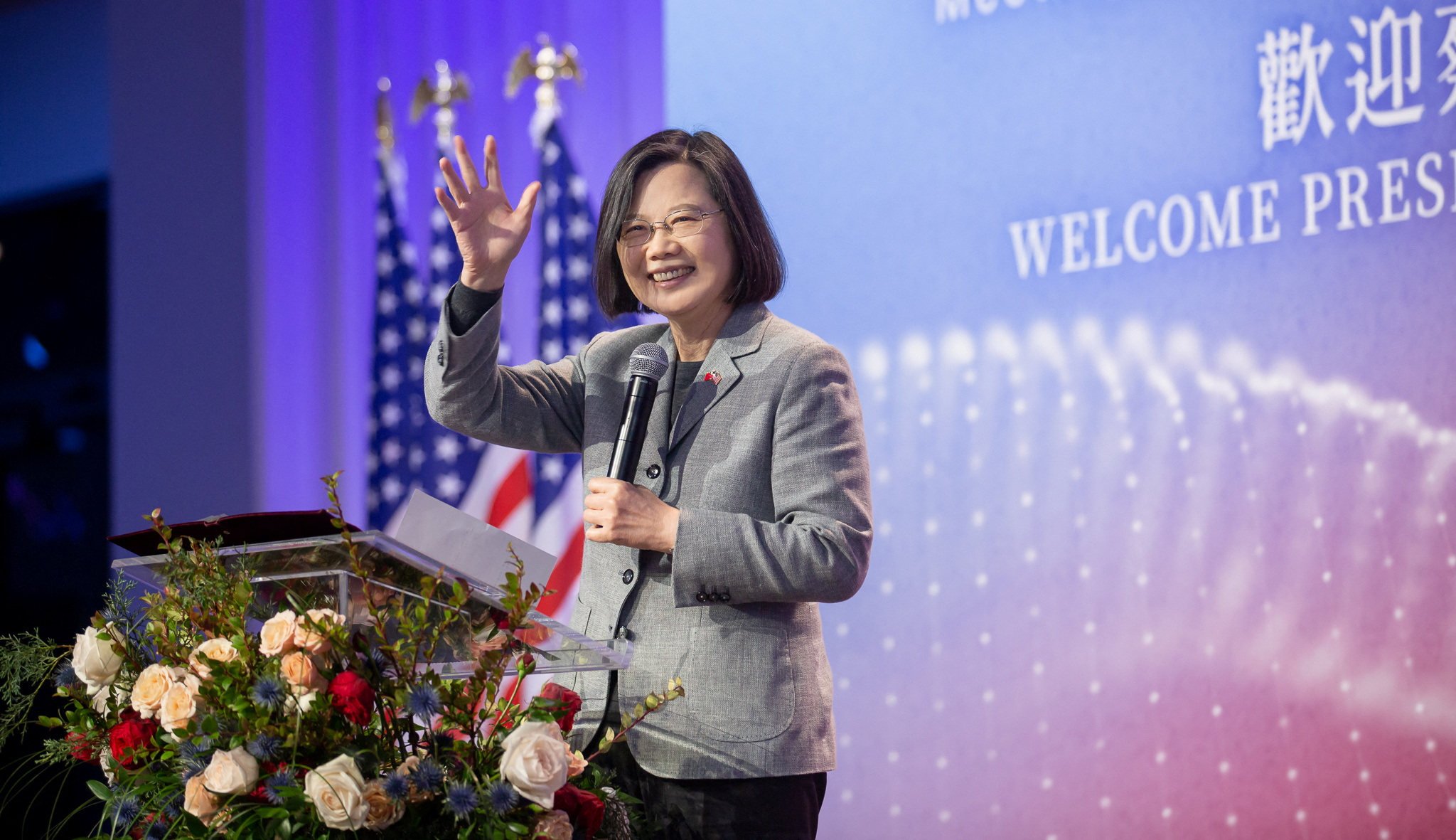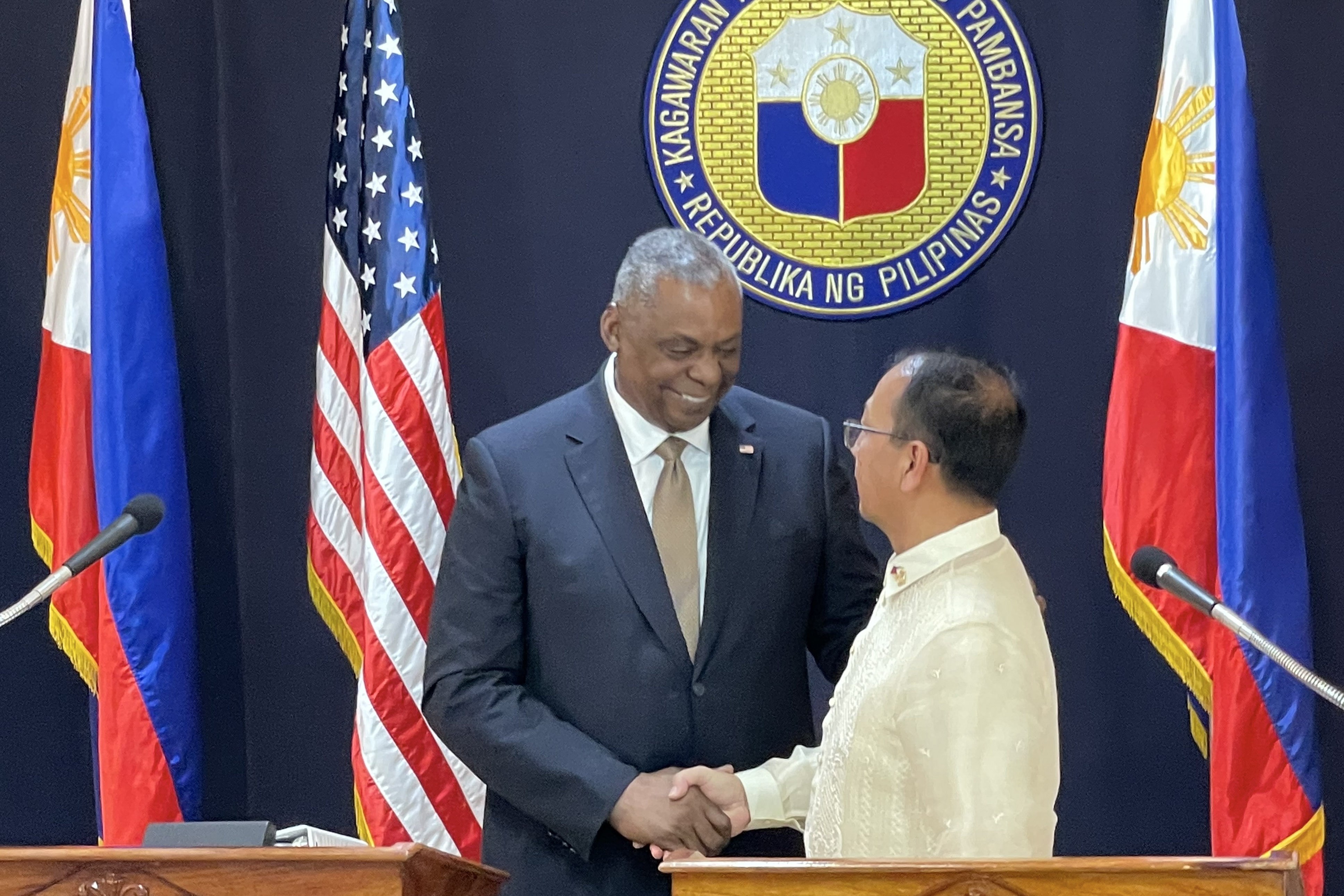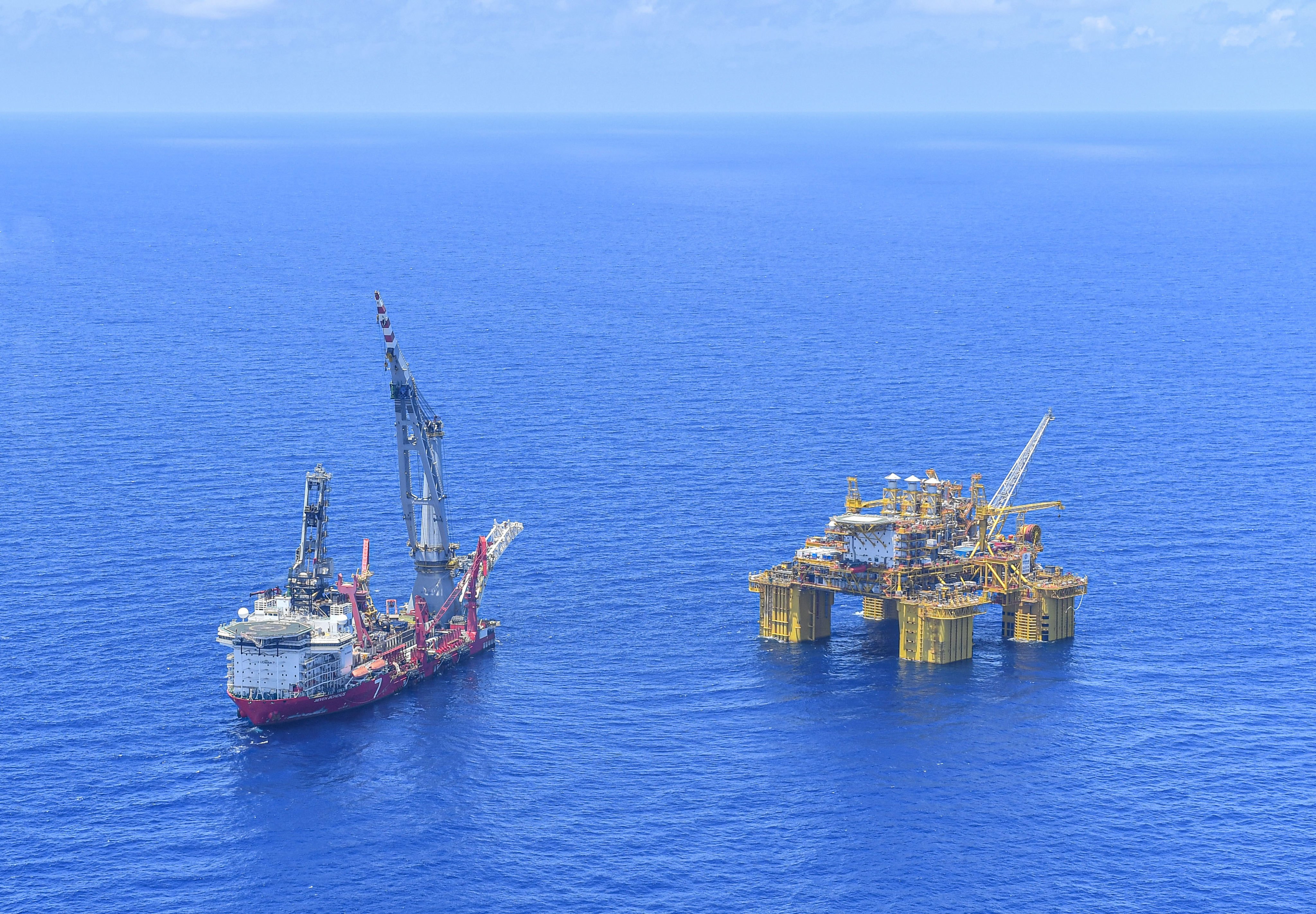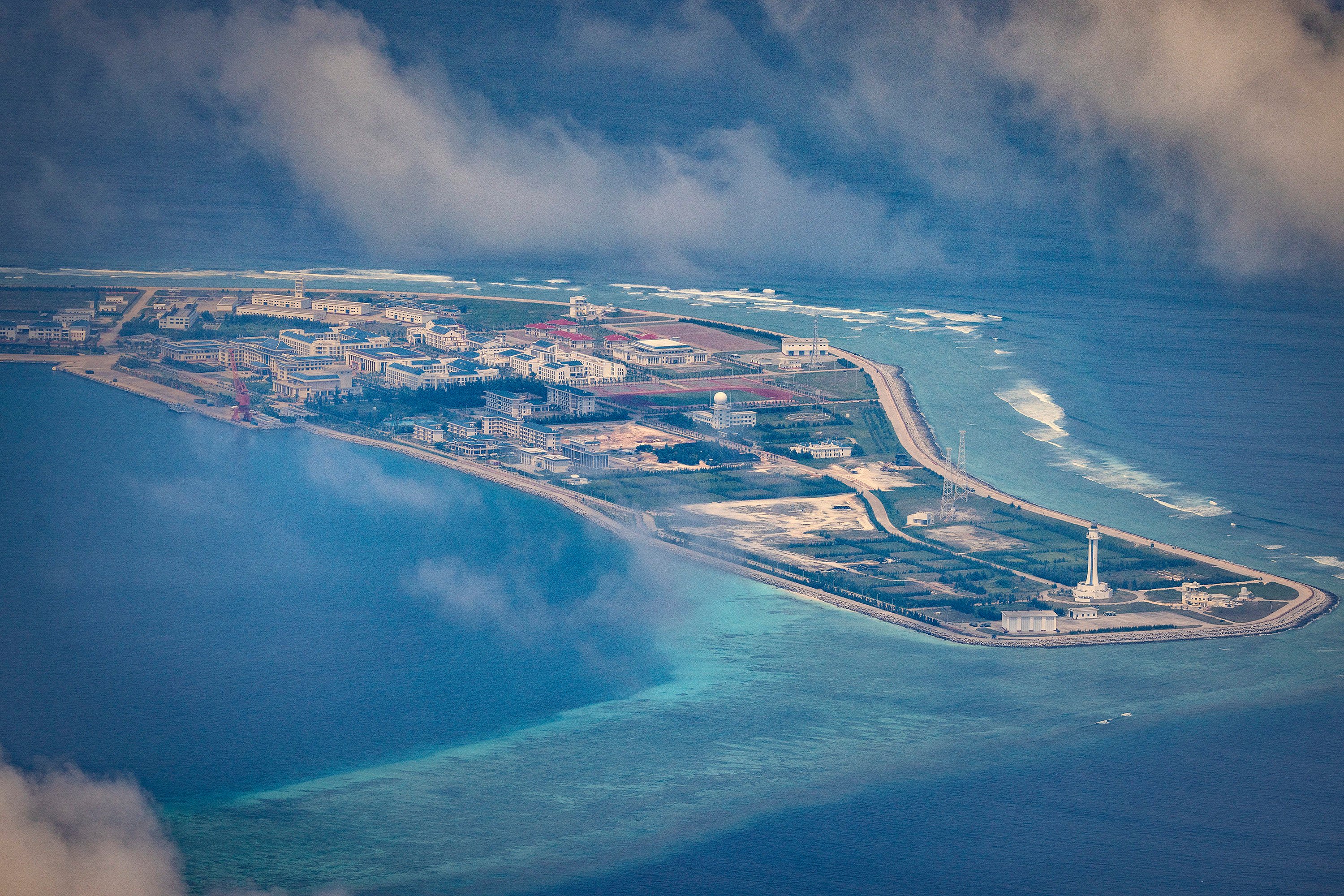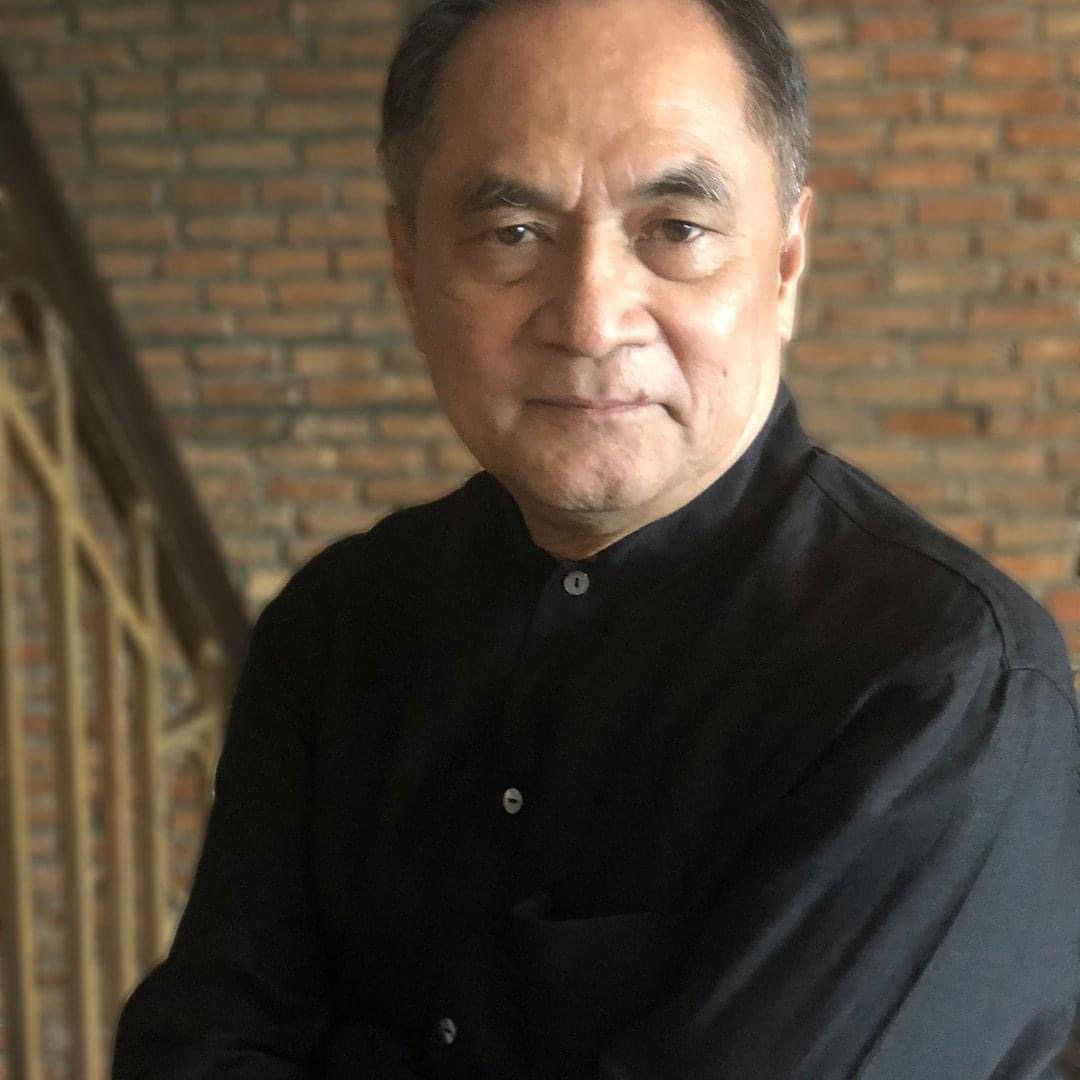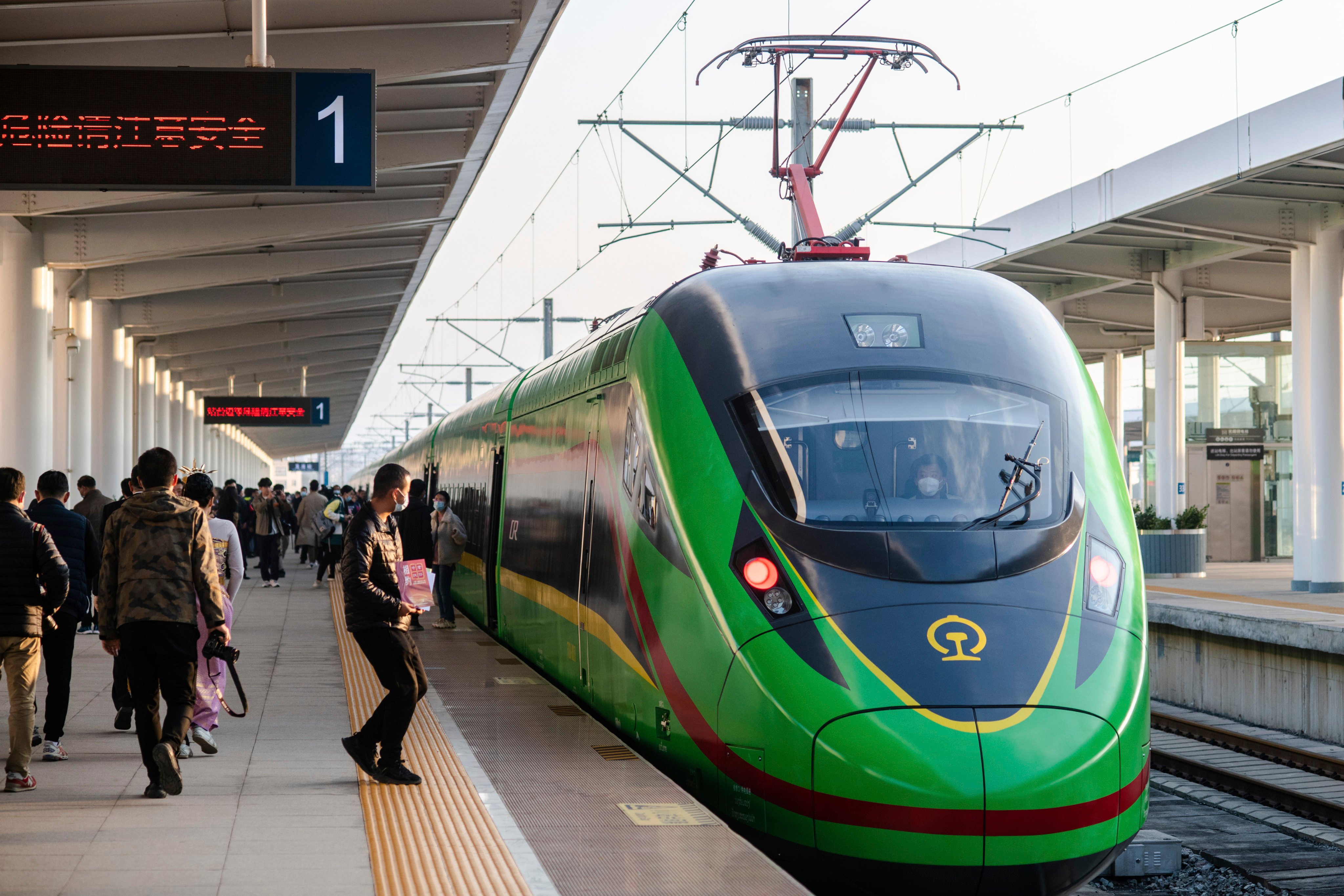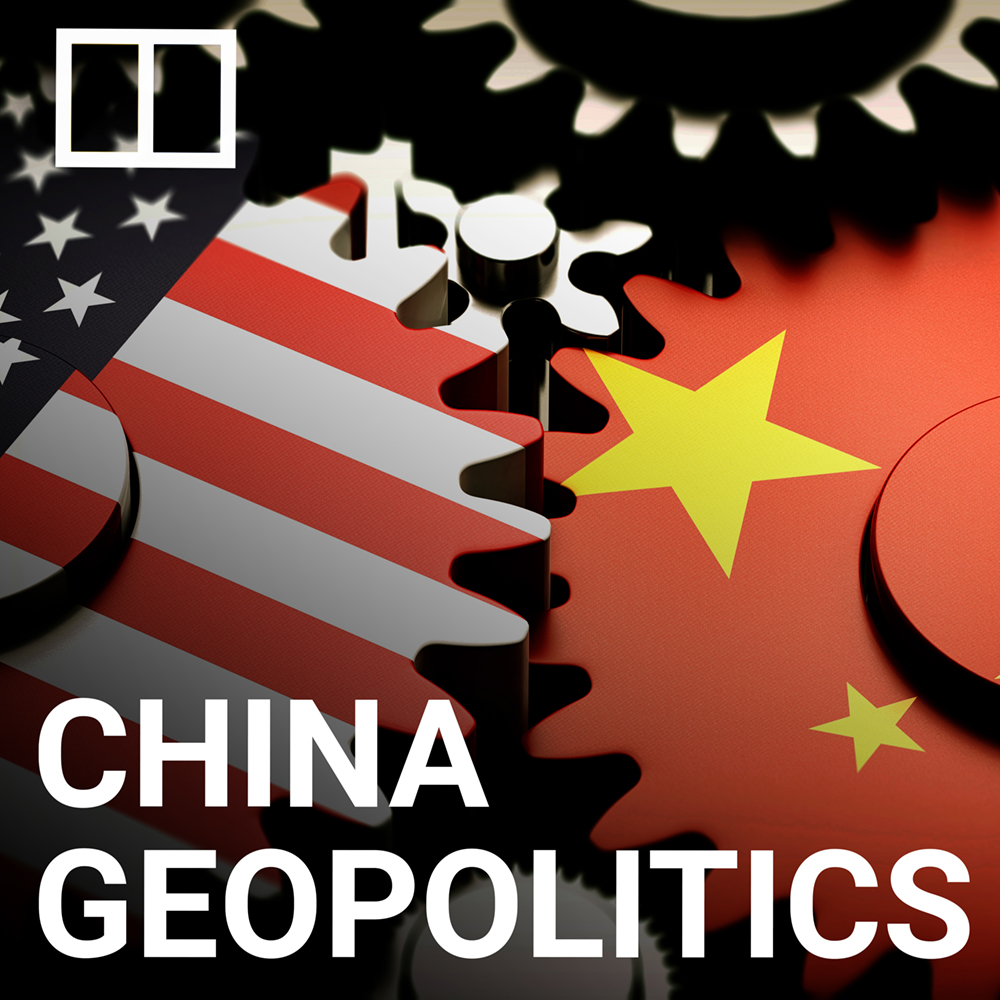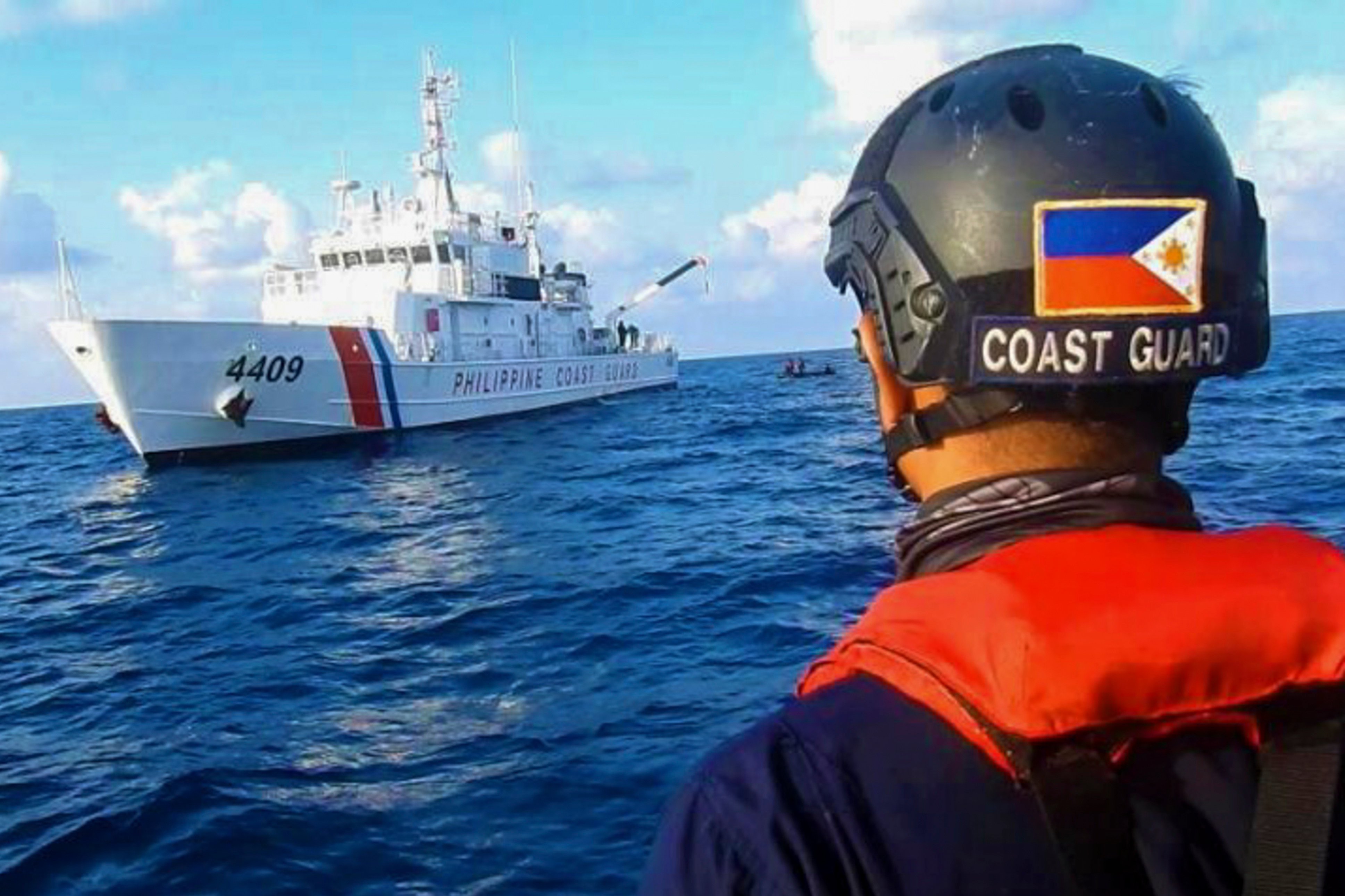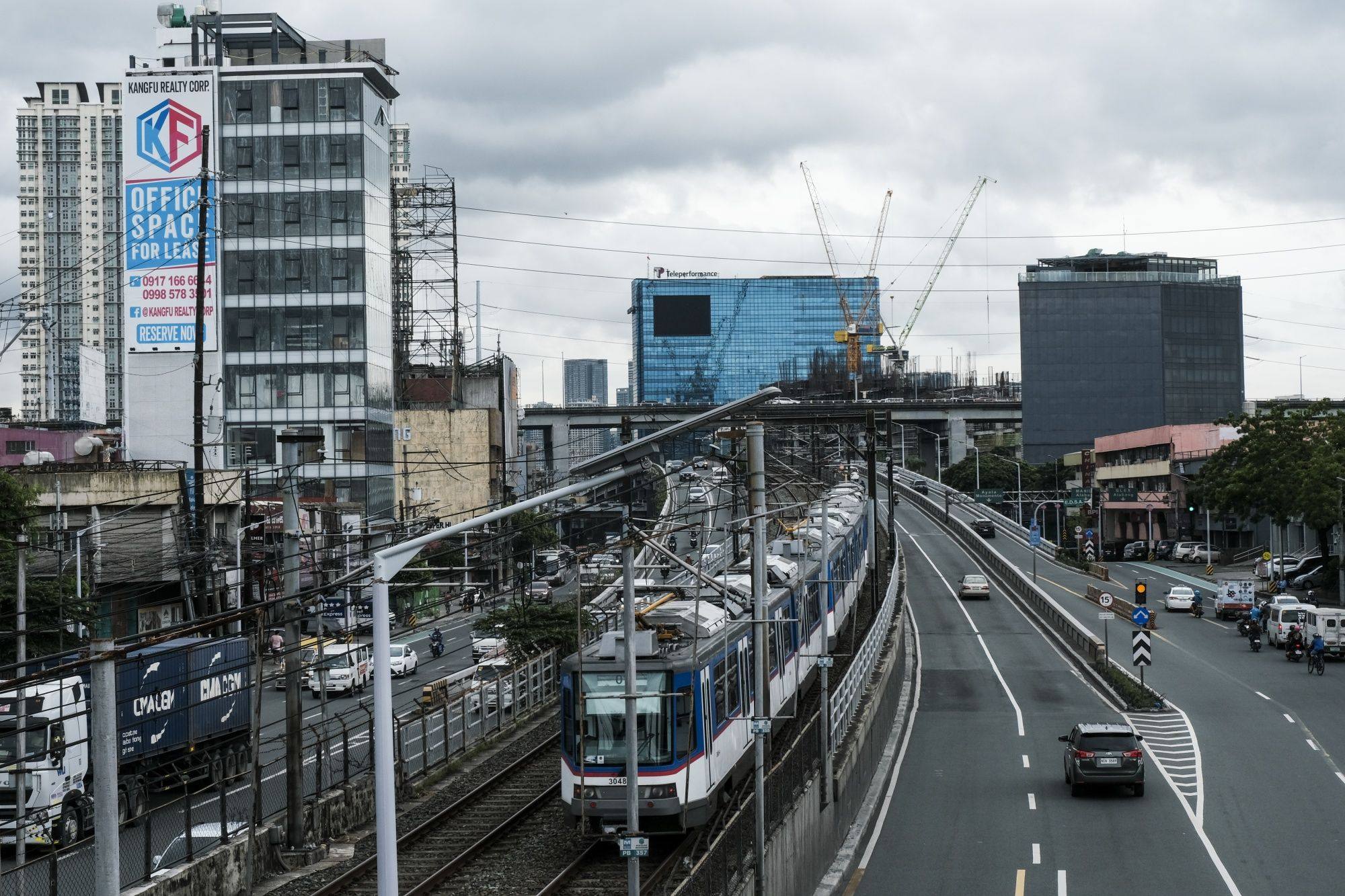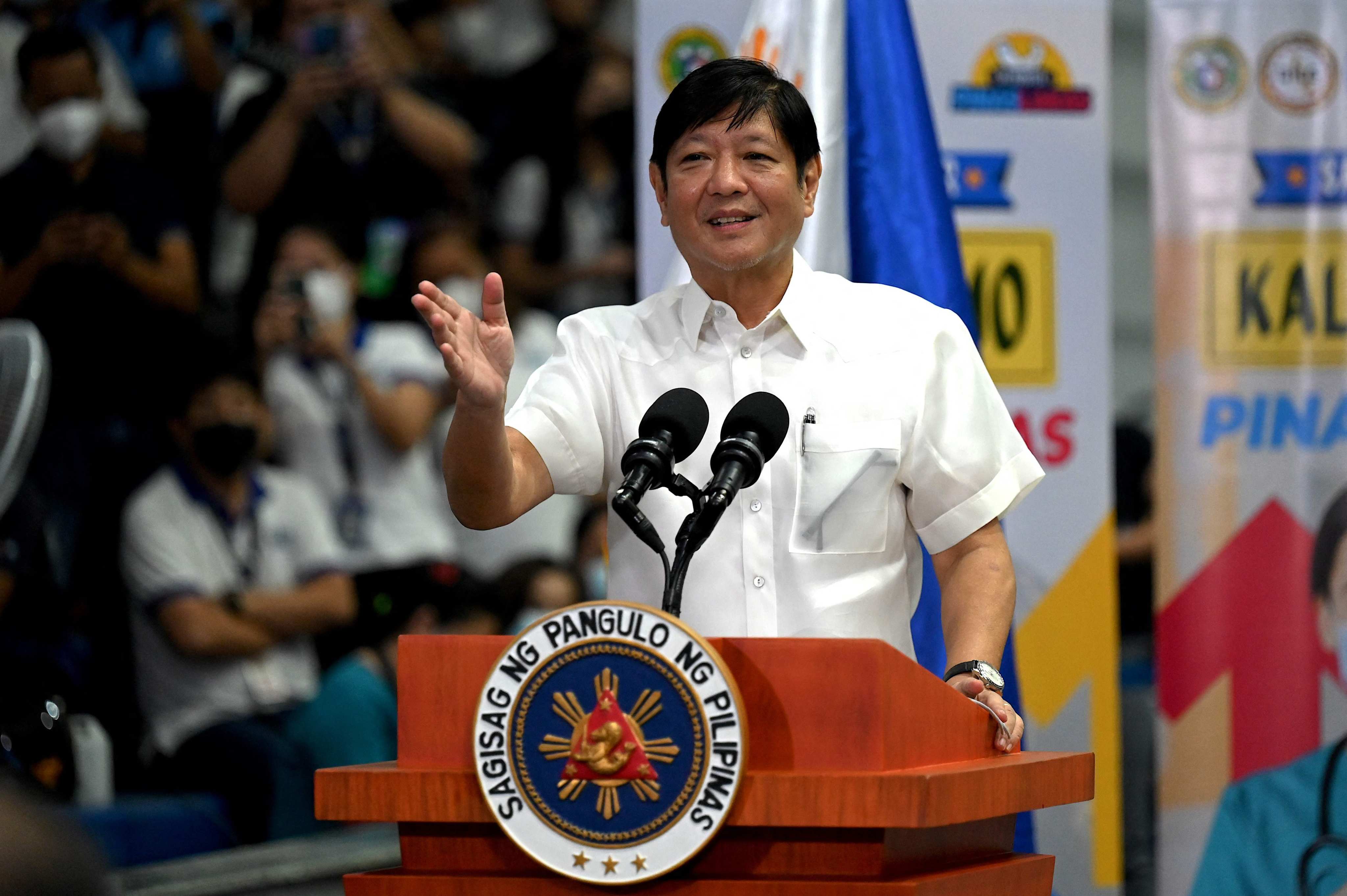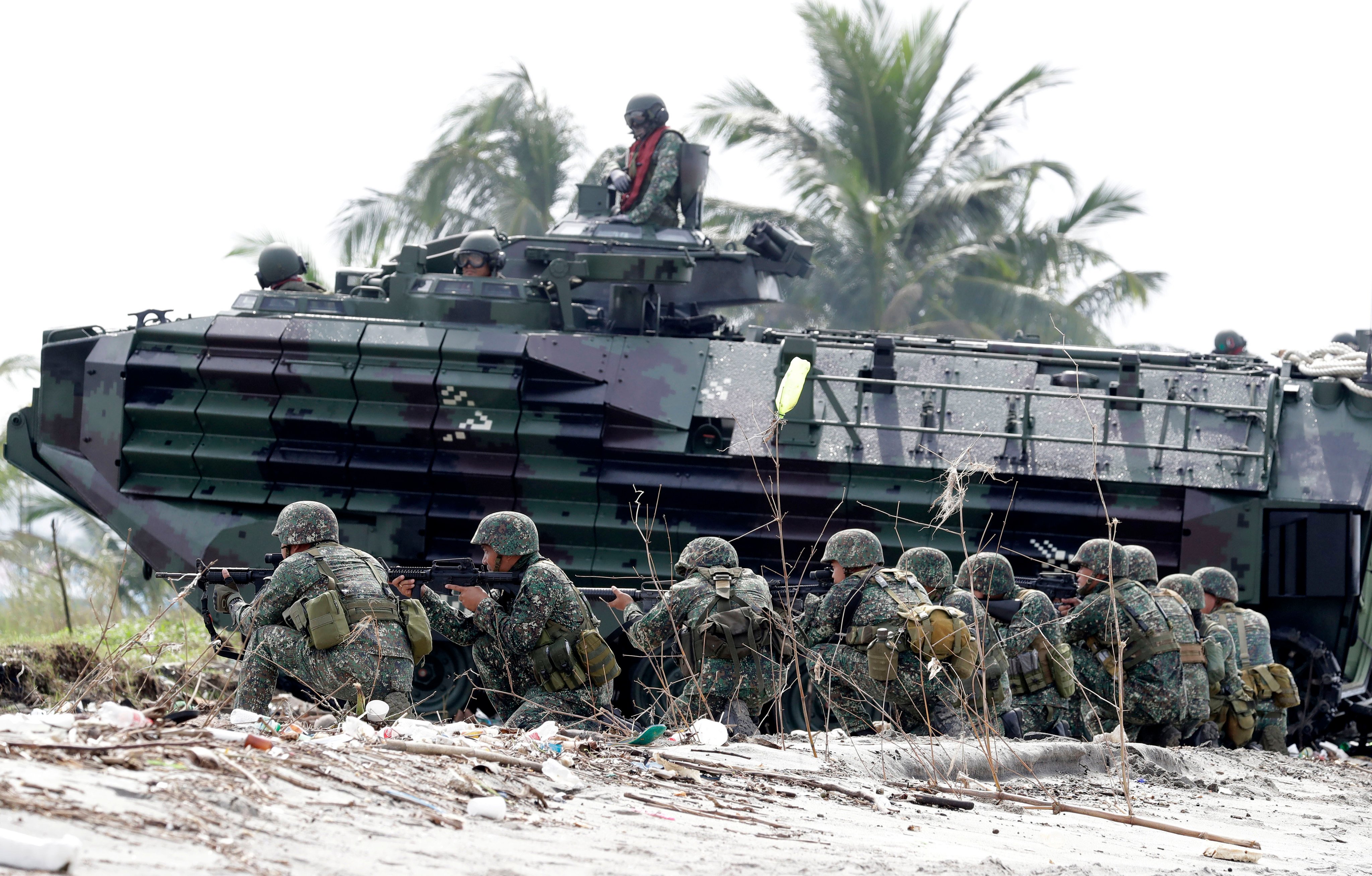Advertisement
Advertisement

Lucio Blanco Pitlo III
Lucio Blanco Pitlo III is president of the Philippine Association for Chinese Studies and research fellow at the Asia-Pacific Pathways to Progress Foundation.
Public-private partnerships are essential to ensuring the security of undersea cables against attacks, data theft and espionage.
Manila’s transparency strategy to expose Beijing’s transgressions has paid off, to an extent. But it won’t change China’s behaviour.
The lack of timely diplomatic intervention has led to violent consequences in the South China Sea.
Ukraine’s Zelensky is going all out to boost participation for the coming peace talks in Switzerland, but support has been mixed.
Advertisement
Shifting gears on foreign relations brought by leadership change may bear on how a country’s commitment to deals is viewed by other disputants.
Manila’s ‘assertive transparency’ strategy is touted as a model for managing maritime disputes but it diminishes key economic opportunities. As Chinese investment pours into other Southeast Asian countries, the Philippines must reduce geopolitical risks without acquiescing to Beijing.
The country is seen as an unreliable destination for Chinese infrastructure investment, while tourist arrivals from the mainland have fallen.
Frayed cross-strait ties and the gulf between Beijing and Washington over Taiwan present hurdles in Asean’s attempt to play a constructive role in promoting dialogue. Unlike major powers like the US, the grouping is more reluctant to upset its big neighbour and largest trade partner.
By keeping all the major actors engaged and invested, while embedding itself in global supply chains, Vietnam is growing its regional importance and strengthening its strategic autonomy.
The Philippines has been absent from recent China-organised meetings such as the third belt and road forum, a sign bilateral ties have turned worrying in a short time.
As the Muslim world takes up the Palestinian cause, Israel’s ally the US is seen as biased. China, meanwhile, has avoided apportioning blame and reiterated support for a two-state solution – fraught with its own difficulties.
Mineral reserves could be tapped and the revenue used to help fund public works, while the Philippines’ strategic location is another asset.
It’s unclear if the former Philippine president’s trip had official blessing, but it was undoubtedly a goodwill mission at a time of heightened South China Sea tensions, and as his successor readies his second-ever State of the Nation Address.
Extended military deployments in Asia and the pursuit of arms deals with several regional countries are demonstrating France’s desire to play a greater role in the Indo-Pacific.
The tripartite exercises in the South China Sea presage the renaissance of the US-led Asia-Pacific alliance system, this time featuring not only the traditional hub-and-spoke system but also spoke-to-spoke arrangements.
Manila in a bind despite US strengthened ties as it does not want to risk antagonising its largest trade partner, China, should a crisis erupt over Taiwan.
The scale and context of this year’s Balikatan exercises reflect a shift in geopolitical concerns, in line with the Philippines’ growing role in regional security.
Whether deliberate or by chance, former Taiwanese leader Ma Ying-jeou’s historic visit to the mainland could temper Beijing’s response to Tsai Ing-wen’s stopovers in the US.
Enhanced Defence Cooperation Agreement due to be renewed for second 10-year lease, allowing US military to access nine Philippine sites, up from current five.
Timing of the ruling is ‘too much of a coincidence’, coming soon after the Philippine president returned from a state visit to Beijing, a legal expert says.
Thorny maritime issues on the agenda for Ferdinand Marcos Jnr’s first state visit to major power, amid renewed tensions in South China Sea.
Nomination of Jaime FlorCruz, former CNN Beijing Bureau Chief and long-time China resident may help Ferdinand Marcos Jnr shape a more informed policy towards the Philippines largest trade partner.
Belt and road investments suffered contractions due to disruptions brought on by the pandemic, but funding for projects in Southeast Asia rose in 2020.
The Philippines worry that granting expanded US military access may embroil it in a possible US-China showdown over the self-ruled island of Taiwan.
President Ferdinand Marcos Jnr looks to make up for lost time as he targets improvements in the country’s rail transport network.
Chinese interference and Manila’s inability to attract big oil players have hindered attempts to exploit energy resources in the West Philippine Sea.
Advancing defence ties with Manila’s treaty ally, but avoiding antagonising its largest trade partner, will be a difficult balancing act for Bongbong Marcos.


